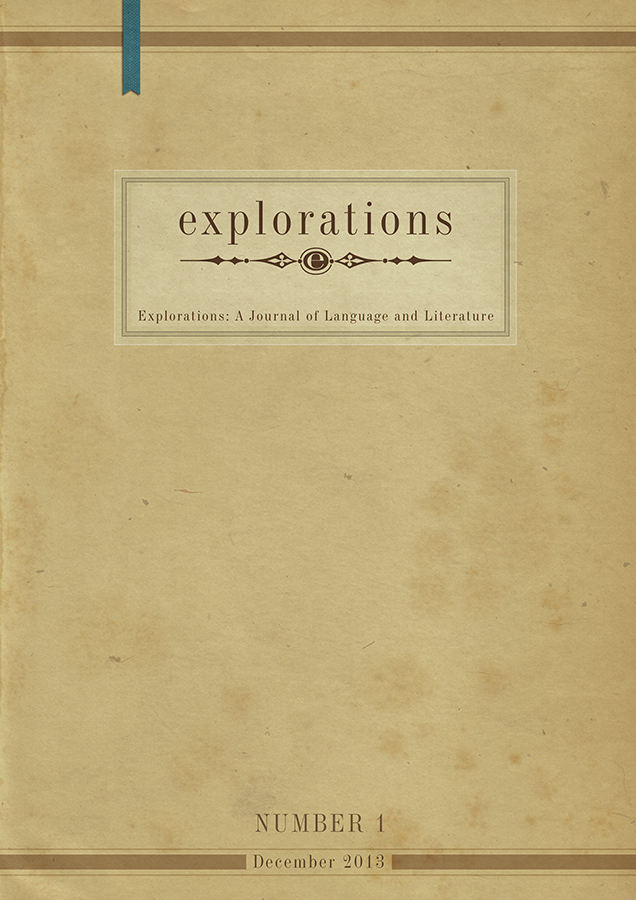Challenges in video game localization: An integrated perspective
Challenges in video game localization: An integrated perspective
Author(s): Dawid CzechSubject(s): Social Sciences, Sociology
Published by: Uniwersytet Opolski
Keywords: Video games; software localization; transcreation; interactive entertainment in Poland; cultural approach
Summary/Abstract: Video games are currently one of the fastest evolving media that have risen from obscurity and conquered mainstream culture in less than fifty years. In 2012, its revenue was estimated at about 78 billion US dollars globally, which places digital games at the forefront of popular entertainment1. This turning point in the history of the video game industry can be attributed to two primary factors: firstly, to the overall development of the video game concept and secondly to the increase in the cultural value of interactive entertainment. None of this would, however, come to fruition if not for the development of the specific translation techniques that allowed the industry to reach out to a global audience (Bernal-Merino 2007). This paper examines some of the characteristics of video game localization from a linguistic and cultural standpoint, focusing on the relevance of context (Newmark 1991) and lexicalization patterns in translation (Talmy 2001). It also explores the role of transcreation in interactive entertainment software and analyses how the strictly technical limitations of the medium impact the overall result of the translation process (Mangiron and O‟Hagan 2006; Chandler 2005; Bernal-Merino 2007). Using as a case study the highly successful yet notorious for its flawed translation series, Call of Duty, examples are given to illustrate the challenges translators face in video game localization.
Journal: Explorations: A Journal of Language and Literature
- Issue Year: 2013
- Issue No: 1
- Page Range: 3-25
- Page Count: 23
- Language: English

